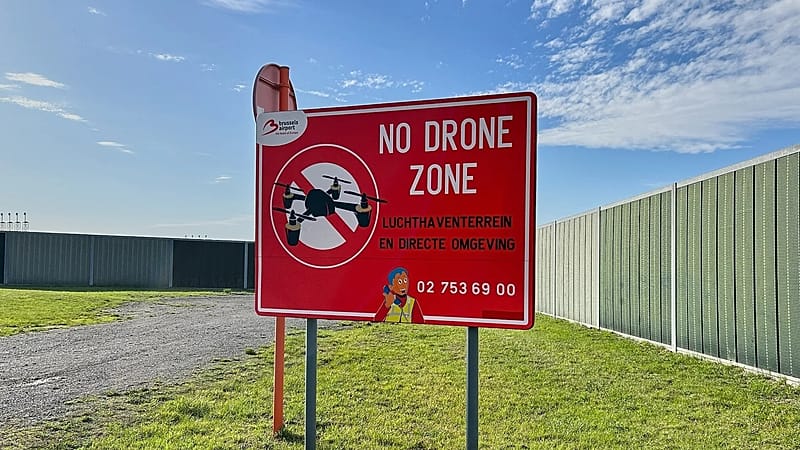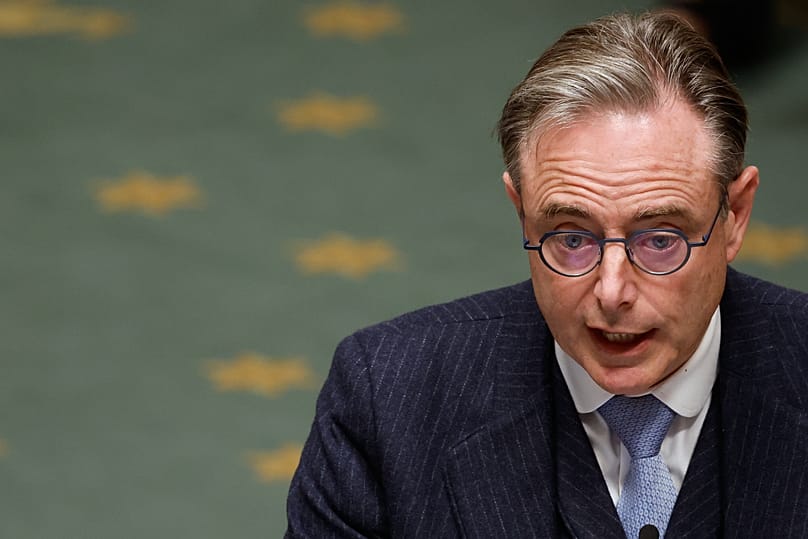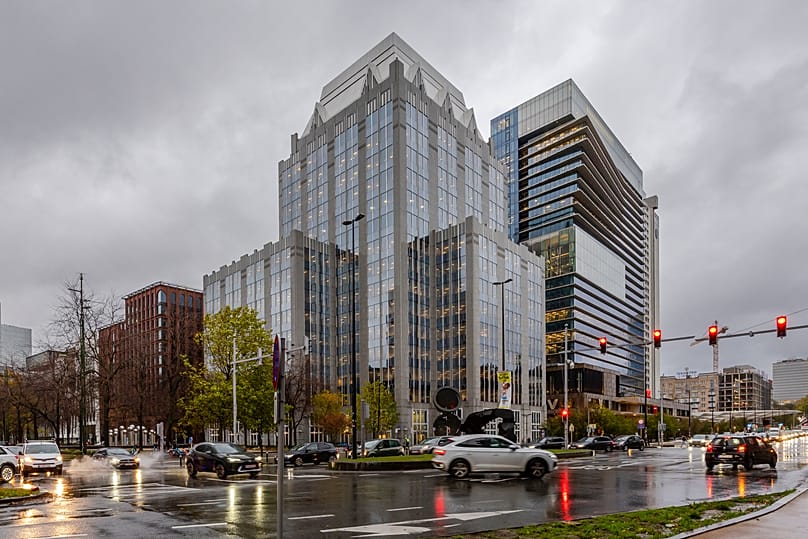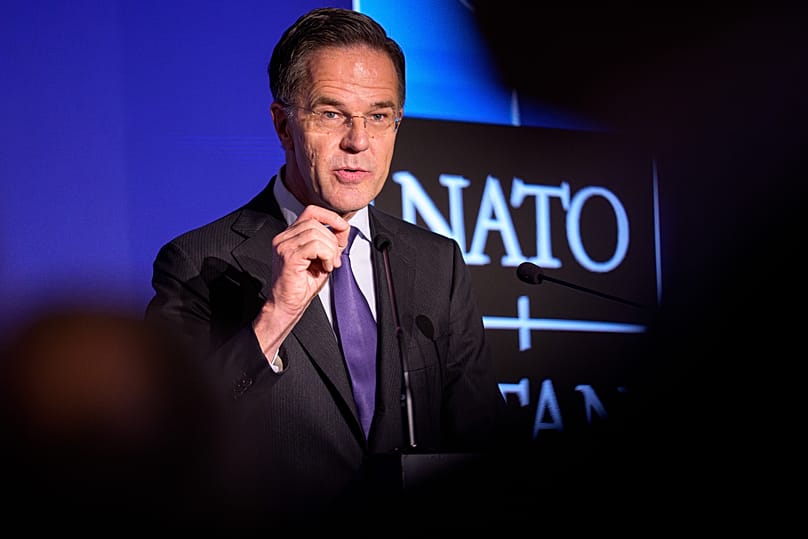Belgium to strengthen airspace security following multiple drones incursions

Belgium convened a session of its National Security Council on Thursday after drones were spotted over military bases and airports, causing a string of flight disruptions and diversions from the main airport in Brussels.
To tackle this threat, authorities are considering establishing an airspace surveillance centre as well as introducing mandatory registration of drones.
"We are going to make operational from the 1 January the NASC, which is the National Airspace Security Center. It will be in Beauvechin, in the military base. That exists already but it has to be more operational with all the security services within, so that is the first and biggest challenge for the next coming weeks", Defence Minister Theo Francken told the media.
"We are working on the model 'detection, identification and possible neutralisation'. It is the framework we are working on," Interior Minister Bernard Quintin added.
The drone incursions occurred while the EU is putting pressure on Belgium to confiscate Russian frozen assets held at Euroclear in Brussels, so that reconstruction loans to Ukraine can be issued.
Hybrid warfare
Despite a lack of proof, Russia is widely suspected of being behind the drone incursions.
"You must ask yourself who has benefited from this and this is definitely Russia", Sven Biscop, Director of the Egmont Institute, told Euronews.
"I think the effect that it seeks is double. One, it's intimidation of our decision-makers, perhaps linked to the decisions that has to be made about Euroclear, and two, it is to try to divide the public opinion. Perhaps some people would be inclined to say, well, if only we drop Ukraine, then we will not have this problem," he added.
The Belgian defence minister is expected to table a €50 million investment plan for an "anti-drone intitiative" on Friday.
Belgium is also considering the option of shooting down invading drones.
"Belgium specifically has learned that we need a legal framework that allows to shoot down drones. Of course we actually need the military capacity that can do this. This will now be speeded up so that we will be ready very soon to deal with it," Biscop said.
The Russian embassy in Brussels has denied any involvement in drone operations in Belgium's airspace.
Airspace violations
Both NATO and the European Union have been on high alert following a string of airspace violations, thought to be from Russia, in recent weeks.
NATO issued a warning to Moscow at the end of September, saying it would use all means to defend against any further breaches of its airspace after the downing of Russian drones over Poland and Estonia's report of an intrusion by Russian fighter jets.
The 10 September incident in Poland was the first direct encounter between NATO and Russia since its full-scale invasion of Ukraine began in early 2022.
Estonia said three Russian MiG-31 fighter jets entered its airspace for 12 minutes on Friday without authorisation, a charge that the Kremlin has rejected.
The incidents caused widespread consternation among leaders across Europe, raising questions about the alliance's preparedness against growing Russian aggression.
"Russia should be in no doubt: NATO and Allies will employ, in accordance with international law, all necessary military and non-military tools to defend ourselves and deter all threats from all directions," the alliance said in a statement.
Following the violation of Polish airspace, NATO Secretary General Mark Rutte announced the formation of the Eastern Sentry programme, which aims to deter further Russian incursions and show solidarity with Poland.
"We see drones violating our airspace. Whether it was intentional or not, it is unacceptable. The allies have expressed full solidarity with Poland. It is crucial to counter aggression and defend every member of the Alliance," the NATO chief said.
There have also been similar incidents in Denmark, Norway and Romania.




